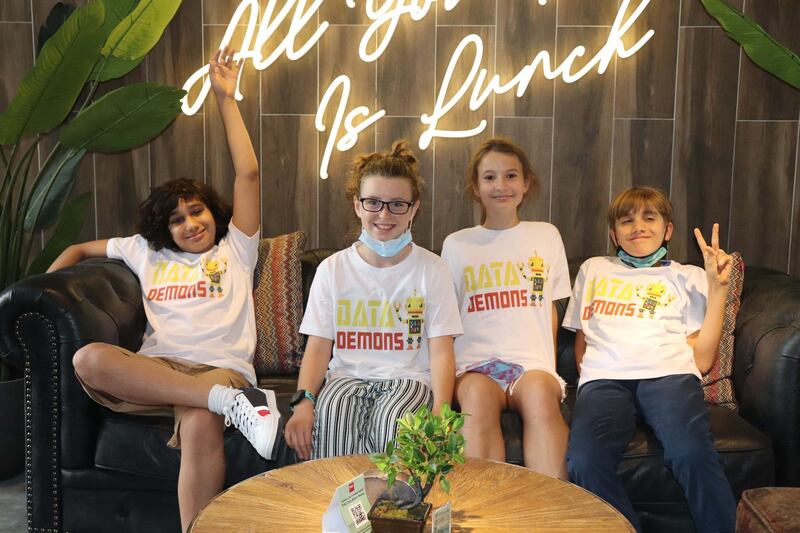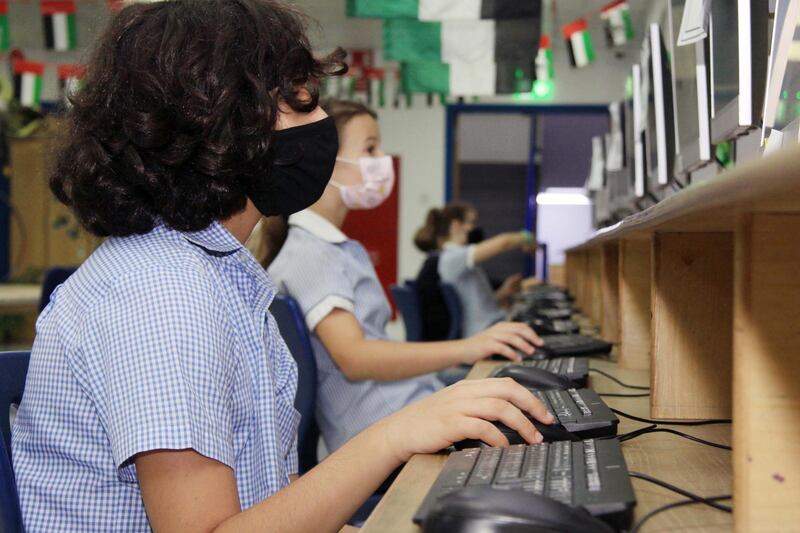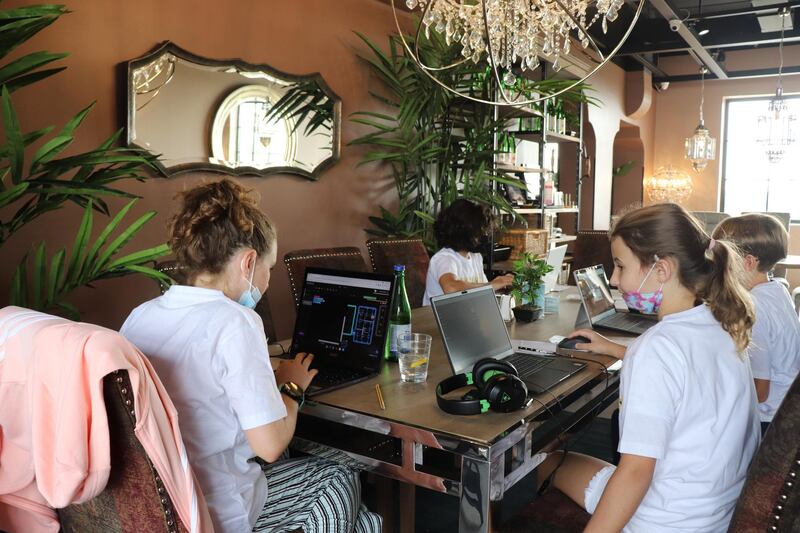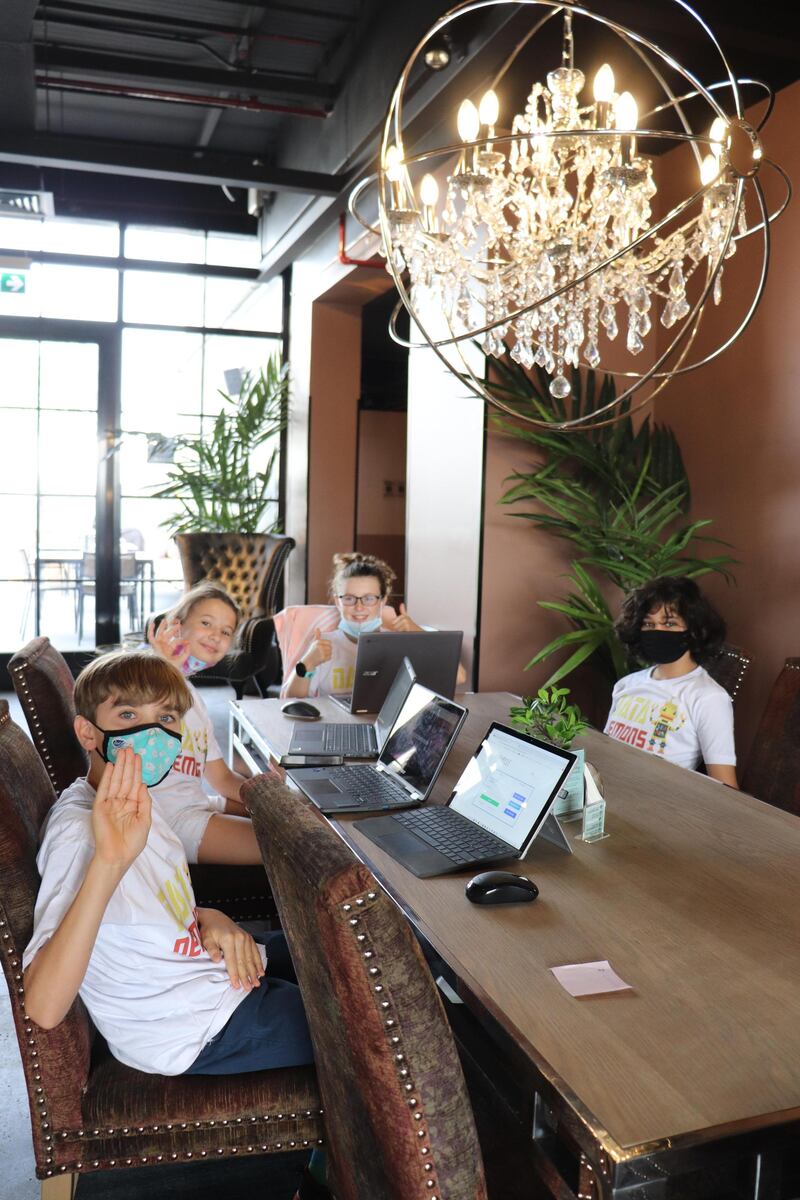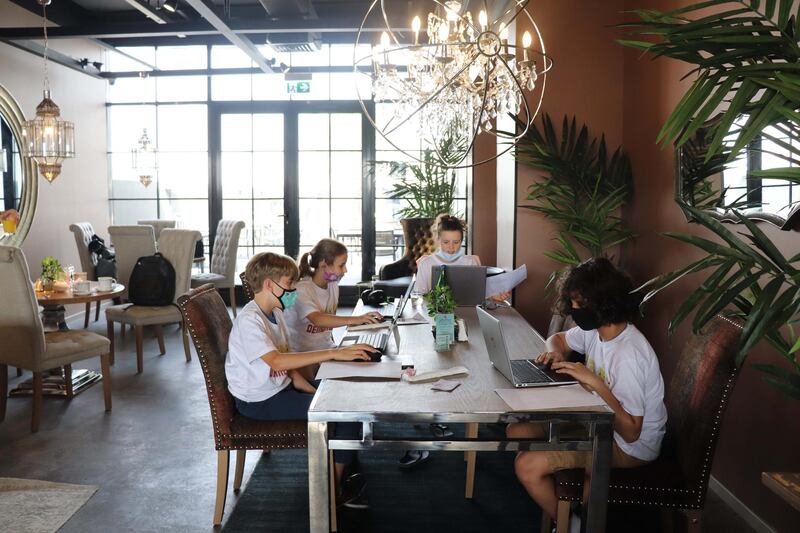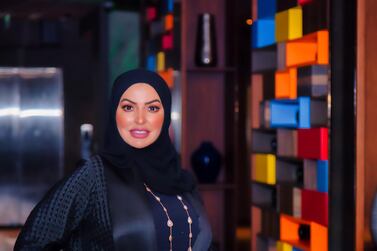A Special Olympics UAE robotics competition offered children a crucial social lifeline during months of remote learning.
The education initiative challenged pupils with and without intellectual disabilities to work together to programme a robot.
The opportunity for collaboration and camaraderie proved just as important as learning new skills.
The Unified Robotics 2021 Competition, organised by Special Olympics UAE, featured 375 pupils from 44 schools in a series of virtual challenges.
This year, many pupils had to swap in-person meetings for online sessions with their teams where they coded and played games together.
For Adam Al Tanani, 10, a British pupil in Abu Dhabi, online meetings with his four-member team to code and programme a robot's movements were the highlight of his week.
Adam, a Year 6 pupil at The British School Al Khubairat, is on the autism spectrum and spent much of 2020 studying remotely because of the Covid-19 pandemic.
"Getting to know new people was the best part [of this competition]," Adam said.
“I loved meeting and interacting with my team members and enjoyed the process of preparing for the competition.”
The team got together at a cafe in Abu Dhabi to prepare ahead of the final challenge.
"On the final day of the contest, we had to code through challenges that were very hard, but we did it,” he said.
The Unified Robotics competition is the largest such event for neurodiverse pupils in the UAE.
Children in the 8-11 age group competed on March 13 with secondary school-age pupils going head to head on March 20.
An online awards ceremony will be held on April 17 where category winners will be announced.
Deborah Specter, a parent-chairwoman of the Special Olympics UAE, and mother of a child on the autism spectrum, said her son had “thoroughly enjoyed” being part of the programme.
"This provided him with a platform to engage and socially interact with his classmates" said Ms Specter, whose son Joshua, a Year 6 pupil at Repton School Abu Dhabi, participated in the competition.
Joshua had weekly online meetings with his team where they coded together.
"He utterly loved this and his face was always beaming with happiness when he recounted the time spent," said Ms Specter, who is from the UK.
Ms Specter said that some children on the autism spectrum showed a great aptitude for Stem subjects – science, technology, engineering and mathematics – and could make valuable contributions.
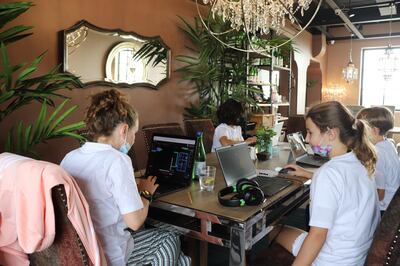
A 2013 study by researchers at the Stanford University School of Medicine and Lucile Packard Children’s Hospital found children with autism and average IQs had superior maths skills compared with pupils with similar IQs who did not have autism.
Richard Mackay, homeroom teacher and information technology coach at Mubarak bin Mohammed Charter School in Abu Dhabi, said their team used 15 minutes in every session to play virtual bingo and Simon Says.
The four-member team, aged between 8 and 11, met online every week and enjoyed coding together while sharing their interest in the UAE's Mars mission.
"We had conversations with them on why they wanted to become coders, or what they liked eating or what made them laugh," Mr Mackay said.
"I believe teams that play together stay together, and the growth in the team has been phenomenal."
The pupils wrote codes to make a robot move backwards, forwards and turn, but for the teacher the greatest achievement was the friendships that were forged.
In the absence of birthday parties and social gatherings, the weekly meetings gave pupils something to look forward to.
"These meetings helped pupil's wellbeing. They missed parties and the social aspect of school," Mr Mackay said.
Lisa Watson, head of inclusion at Repton Abu Dhabi said the Covid-19 pandemic had caused some restrictions to learning.
"We did a lot of sessions over Zoom until we got back to face-to-face learning," Ms Watson said.
"The pupils loved this as it helped them to collaborate with their peers and it was good for them to get some social interaction."
